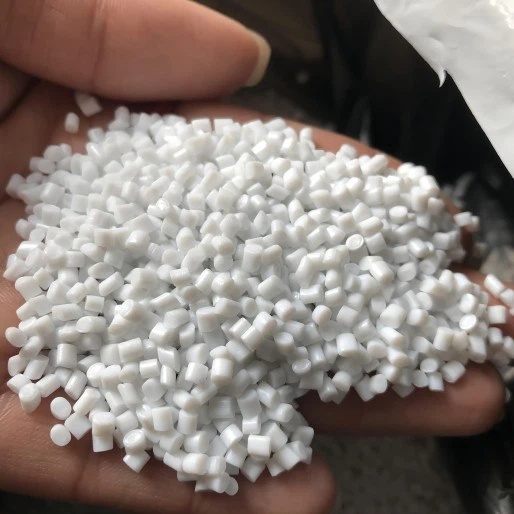PET stands for Polyethylene Terephthalate, which is a thermoplastic polymer that is widely used in various industries such as packaging, textiles, electronics, and automotive, among others.
PET is a colorless and lightweight material with high tensile strength and good chemical resistance, making it an ideal material for packaging applications. PET is commonly used in the manufacturing of plastic bottles for beverages, food, and other consumer goods due to its excellent barrier properties that protect the contents from oxygen, moisture, and other gases that could affect the quality and shelf life of the product.
PET is also used in the textile industry for making fibers and fabrics, which are used to make various types of clothing, upholstery, and carpets. In the electronics industry, PET is used for the insulation of electrical cables, and also in the manufacturing of printed circuit boards. PET is also used in the automotive industry for making various parts such as seat belts, airbags, and tire cords.
PET is a highly recyclable material that can be recycled into other products such as polyester fibers, fabrics, and strapping, among others. The recycling of PET helps to reduce waste and protect the environment, making it an environmentally friendly material.
PET (Polyethylene Terephthalate) is a popular material for making bottles due to its unique properties that make it an ideal solution for container applications. The following are some of the reasons why PET is preferred for bottles:
Lightweight: PET is lightweight and easy to transport, which makes it a cost-effective material for packaging large quantities of products.
Transparency: PET bottles are transparent and provide excellent clarity, which enables consumers to view its contents easily.
Shatter-resistant: PET bottles are shatter-resistant and do not break easily, making them a safer alternative to glass bottles.
Recyclable: PET is a highly recyclable material, and PET bottles can be recycled into other products such as carpet fibers and polyester fabric.
Barrier properties: PET has excellent barrier properties that protect the contents of the bottle from oxygen, moisture, and other gases that could affect the quality and shelf life of the product.
Cost-effective: PET bottles are cost-effective to produce, especially in mass production, due to the ease of processing.
Versatile: PET bottles can be easily designed in different shapes and sizes, making it a versatile choice for packaging various types of products.
Due to its unique properties, PET is the material of choice for packaging various products such as juices, water, carbonated drinks, and other beverages.

The price of PET (Polyethylene Terephthalate) can vary depending on various factors such as market demand, supply, and location, among others. Additionally, the price of PET can also vary depending on the form in which it is purchased, such as raw resins, pellets, fibers, and sheets.PET price also can vary significantly depending on the location, as transportation costs can impact the final price.
It is also important to note that the price of PET can be affected by fluctuations in the crude oil market, which is used as a key raw material in the production of PET. Therefore, the price of PET can be subject to market volatility and may change frequently.
Luoyang Dema Import & Export Co., Ltd. aims to provide high-quality, cost-effective products for global factories, plastic product manufacturers, and material distributors. Luoyang Dema Import & Export Co., Ltd. provides the best PP, PE, PVC, PET, EVA, ABS material solutions for plastic product manufacturers, wholesalers, distributors, distributors, factory owners, processing workshops, etc.
If you are looking for general plastic materials, please feel free to get the latest prices and quotations from Luoyang Dema Import & Export Co., Ltd. The sales team will reply within 48 hours.
